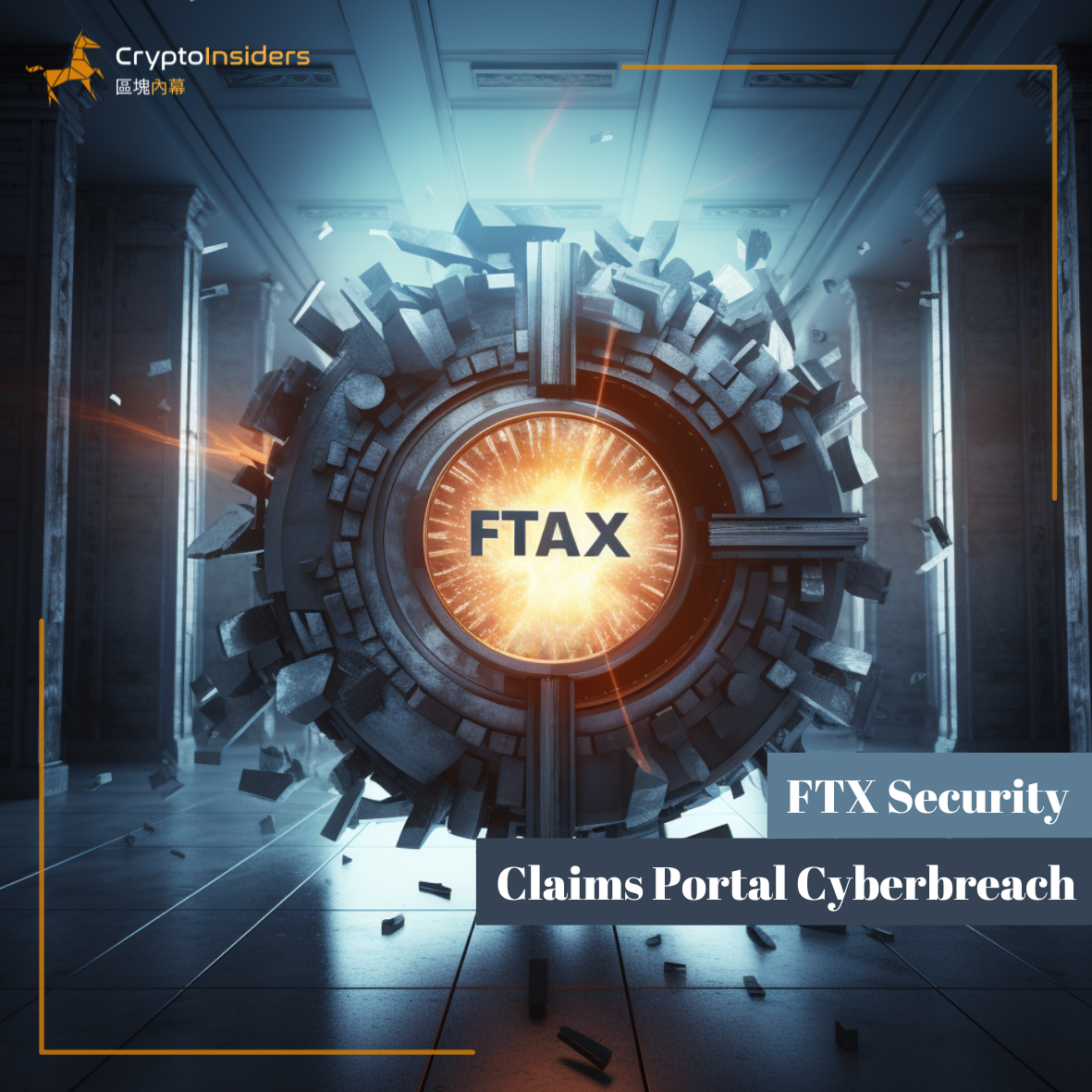The European Parliament has recently passed the Markets in Crypto-Assets (MiCA) regulation, which aims to provide a comprehensive regulatory framework for the crypto industry in the European Union (EU). This move has been welcomed by many in the industry, as it is expected to bring more clarity and stability to the market.
So, what exactly is MiCA and what does it mean for the future of the EU’s crypto industry? Let’s take a closer look.
What is MiCA?
MiCA is a proposed regulation that aims to provide a harmonized regulatory framework for crypto assets in the EU. It covers a wide range of crypto assets, including cryptocurrencies, stablecoins, and utility tokens. The regulation aims to provide legal certainty for issuers and service providers, as well as protect consumers and investors.
Under MiCA, issuers of crypto assets will be required to provide detailed information about their offerings, including whitepapers and prospectuses. Service providers, such as exchanges and wallet providers, will need to be authorized by their national regulator and comply with strict rules on capital requirements, custody, and cybersecurity.
What does MiCA mean for the EU’s crypto industry?
The passing of MiCA is a significant milestone for the EU’s crypto industry, as it provides a clear regulatory framework for the market. This is expected to attract more institutional investors and traditional financial institutions to the market, as they will have more confidence in the legal and regulatory environment.
MiCA is also expected to promote innovation in the industry, as it provides a level playing field for all market participants. This means that startups and smaller players will have the same opportunities as larger, more established players.
However, there are also concerns that MiCA could stifle innovation in the industry, as the regulatory burden may be too high for some startups and smaller players. There are also concerns that the regulation may not be flexible enough to keep up with the fast-paced nature of the industry.
Overall, the passing of MiCA is a positive development for the EU’s crypto industry, as it provides a clear regulatory framework for the market. However, it remains to be seen how the regulation will be implemented and whether it will strike the right balance between promoting innovation and protecting consumers and investors



